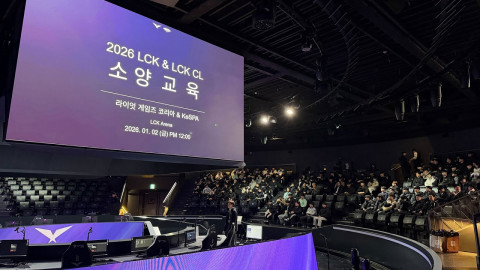MAS Gamertech, the esports and gaming innovation team at MAS holdings, conducted extensive research over the summer understand both pro and lifestyle gamers health aspects with the involvement of 2 esports doctors. Upon finishing this research, MAS innovations team Twinery concluded that hand health was #1 when it comes to potential health issues for gaming.

The MAS GamerTech team interviewed 491 gamers, and found that on average those interviewed played more than 2 hours at a time. And importantly, a total of 68% of the lifestyle gamers suffer from mild to moderate wrist and forearm pains.
Gamer health is rapidly becoming a growing concern for many. Those involved in esports with long hours of gameplay, tend to suffer from repetitive strain injuries and other similar health problems over time. This applies to lifestyle gamers as well, who spend several hours every day on their gaming hobby. Evaluating and mitigating potentially serious gamer health, and performance issues is a new area in the industry that is evolving rapidly.
There are more than 2 billion gamers worldwide and over 67% of the US population is into gaming. Therefore, addressing a gamer’s biggest nightmare; poor hand health, has been the subject of industry-wide speculation.
Gamers themselves believe that hand health is the key to sustaining longevity and consistency of gaming performance, and there is plenty of data to back this up. The data confirms that more than any other issue, gamers fear that they will lose their competitive edge if their hands suffer an injury.

Issues related to hand health in particular, can often follow the players throughout their gaming career, unlike eye fatigue, which is listed as a gamer’s second biggest nightmare. The latter has often been addressed and alleviated with periodic screen breaks.
Hand health on the other hand, is considered more impactful by serious lifestyle gamers, known to play up to 4 to 8 hours at a time. Long periods of repetitive movements associated with gameplay cause several well-documented health conditions including tendonitis, carpal tunnel syndrome, and inflammations.
The study also indicated that 86% of respondents were open to wearing products during or after gaming, particularly if this resulted in improvement in comfort and/or performance. Unfortunately, despite this overwhelming interest expressed by the study’s participants, many felt that the most effective solution available to them was massaging and/or icing their hands due to the lack of a better solution.
Most gamers prefer lightweight, next to skin solutions that can be worn like a glove, to help them improve their in-game performance. “The solution would need to not only enhance functionality but also not interfere with natural movement”, said one of the gamers.
Sort by:
Comments :0






